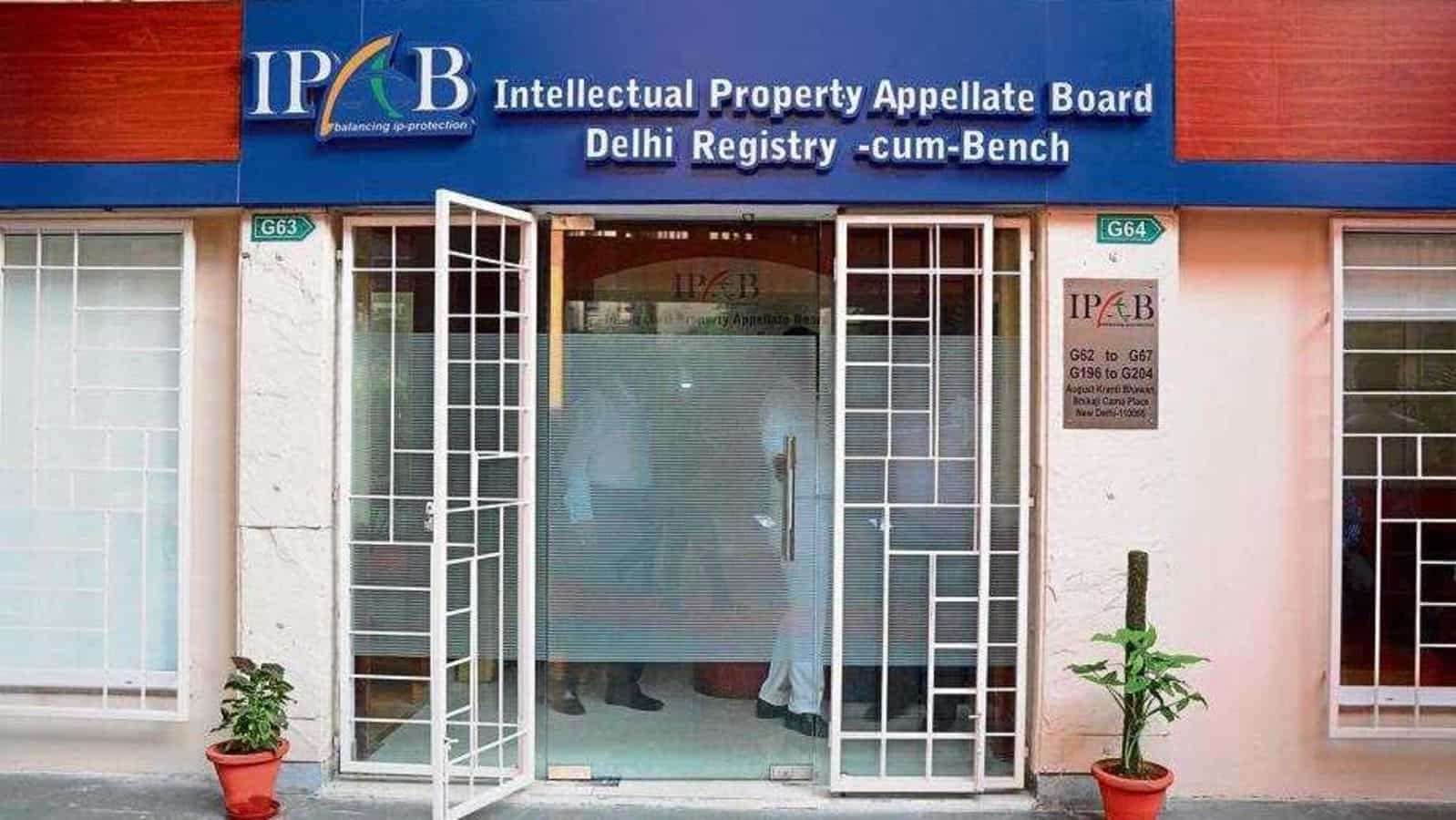The settlement agreement also assigned to the family groups the right to use the trademark “Hero” and its variants to the exclusion of other groups. Vijay Munjal got the exclusive right to use the trademark “Hero” and “Hero Electric”.
The issue that arises now is that Pankaj Munjal started producing e-cycles under the company – Lectro E-Mobility, which is in direct competition with Vijay Munjal led company that produces electric scooters. Thus the present petition was filed by Vijay Munjal, to seek Delhi High Court’s intervention to restrain Pankaj Munjal from dealing in electric bikes having the “Hero” mark or any other deceptively similar mark.
The High Court directed both parties to resolve the dispute via Arbitration, as mentioned in the family settlement agreement.
K S & Co Comments
It is always disheartening to see family members have disputes over businesses developed by their forefathers. In today’s time with cut throat competition even among family members, it is best to safeguard each of your personal interests with detailed family settlement agreements with dispute resolution mechanisms. This will ensure that you don’t lose all the business in fighting amongst yourselves.


















Leave a Reply